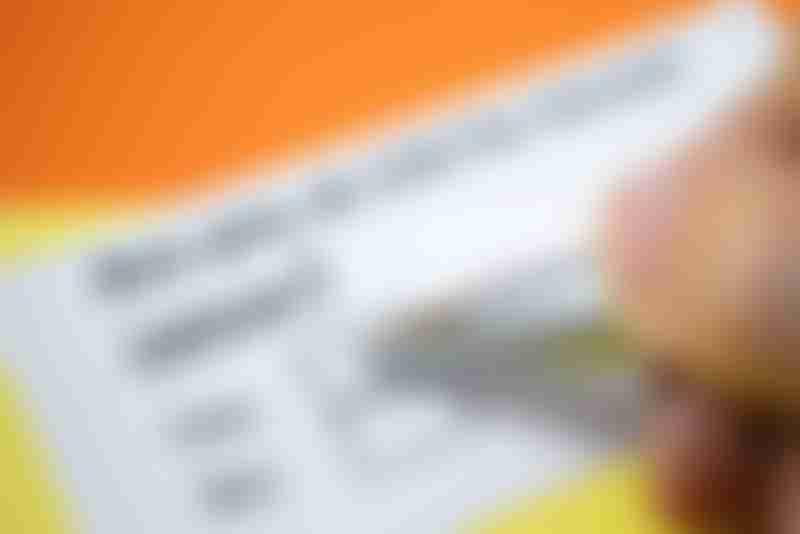Breast Cancer Risk and How It Is Determined: A Closer Look

Source: Shutterstock
Breast cancer risk refers to the probability of an individual developing breast cancer over the course of their lifetime. While certain individuals have an average risk, others may have a risk that is higher than the norm. This indicates that certain people have a greater likelihood of developing breast cancer at some point in their lives, which can have a significant impact on their healthcare management and the treatment options recommended by medical professionals. Knowing your breast cancer risk and staying up-to-date with the latest breast cancer testing methods can increase your chances of detecting cancer early. It is always a good idea to stay informed so that you can make your well-being a top priority.
How do doctors assess the risk for breast cancer?
There is currently no standardized way of determining breast cancer risk. However, healthcare professionals possess various tools that can aid in determining an individual’s risk. These tools come in various forms, but some examples include:
- Breast Cancer Risk Assessment Tool (BCRAT), also known as the Gail model
- International Breast Cancer Intervention Study (IBIS) risk calculator, also called the Tyrer-Cuzick model
- Claus model, based on the Cancer and Steroid Hormone Study
Many of these tools take into account various factors such as your personal history, family history, medical history, and other relevant factors. Breast cancer risk assessment can often elicit feelings of anxiety and uncertainty in individuals, but they can provide crucial information necessary for early breast cancer detection.
The Breast Cancer Risk Assessment Tool
Healthcare providers often use the Breast Cancer Risk Assessment Tool (BCRAT) as a common method to assess risk. This tool is based on the Gail Model, a statistical model that considers 7 key risk factors to calculate the risk of developing breast cancer.
- Age
- Age at first menstrual period
- Age at the time of birth of first child
- Family history of breast cancer
- Number of past breast biopsies
- Number of breast biopsies showing atypical hyperplasia (accumulation of abnormal cells)
- Race/ethnicity
This particular tool is designed to assist in determining the probability of developing breast cancer. It calculates the likelihood of developing the disease within the next five years, as well as over one's entire lifetime. This information is conveyed through the provision of both a 5-year risk and a lifetime risk, allowing individuals to make more informed decisions about their healthcare.
Limitations of the Breast Cancer Risk Assessment Tool
Though commonly used, the BCRAT has its limitations:
- Does not use all the established risk factors for breast cancer to assess risk
- Does not include women who have a personal history of invasive breast cancer or ductal carcinoma in situ (DCIS)
- Does not include women who have a personal history of lobular carcinoma in situ (LCIS)
- Does not include women who have BRCA1 or BRCA2 inherited gene mutation
There are alternative models to compensate for the gaps above. For example, if you have a history of LCIS, the IBIS risk calculator can help estimate your risk of developing invasive breast cancer or DCIS. If you have a known mutation in either the BRCA1 or BRCA2 gene, the Breast and Ovarian Analysis of Disease Incidence and Carrier Estimation Algorithm (BOADICEA) model can estimate your breast cancer risk. And if you have other pre-existing medical conditions or known risk factors, there are options to help estimate your risk of developing breast cancer, such as:
- History of radiation to the chest for Hodgkin lymphoma treatment
- Rare cancer-causing syndromes (e.g. Li-Fraumeni Syndrome)
- Personal history of invasive breast cancer or DCIS
If you have concerns about your risk for breast cancer, it is recommended that you seek advice from an oncologist. Breast cancer is a complex and potentially serious condition, and it can understandably cause a great deal of anxiety and uncertainty. By consulting with an expert in this field, you can gain a clearer understanding of your individual risk factors and potential treatment options, and feel more empowered to make informed decisions about your health and well-being.